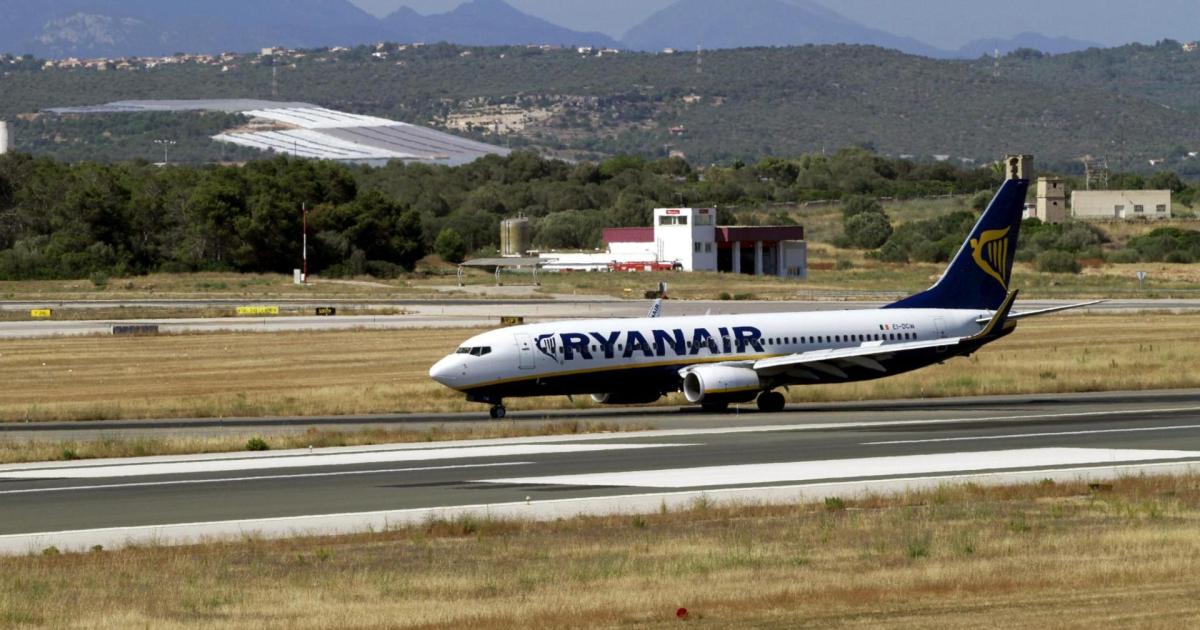The 350-page sustainability pact document presented on Thursday is designed to make tourism demand sustainable in Mallorca and the Balearics. This is the key principle underpinning a transformation through measures aimed at reducing tourist pressure on infrastructure, natural resources and local quality of life. Without such transformation, as President Prohens observed, “the current scenario based on the volume of visitors, overcrowding and intensive exploitation of resources will continue”.
Crucial to what happens next is establishing what is feasible and generating a consensus as to measures moving forward. Just one option to have been raised concerns low-cost flights. The proposal is for limiting these flights in high season.
Air transport, clearly central to the islands’ tourism, was a specific issue addressed by the pact’s twelve working parties. The principal conclusion is for regulation of low-cost flights, something that raises questions as to feasibility. For example, how can a regional government which doesn’t have authority for the airports affect the movement of planes or the schedules of airlines? These are questions that will no doubt be given answers in the coming days and weeks, one possible mechanism aimed at limiting flights being the proposal for an environmental tax on tourist flights.
In terms of feasibility, it is questionable whether the Balearic Government would have authority to impose a tax of this type. Regional governments in Spain do have considerable autonomy in respect of tourism management, hence why they can introduce tourist taxes, but air transport is a state responsibility.
Other proposals to so far emerge include limiting the number of vehicles entering the islands. This is not new as it has been spoken about at length for several months. Also on land transport, measures include regulating carrying capacity by setting maximum limits for visitors per area and period as well as limiting vehicle access by establishing low-emission zones (such as is being done in Soller).
A long-term strategy is to reduce dependence on traditional tourist markets, specifically Germany and the UK. The document advocates keeping prices high to protect competitiveness. “A low-price strategy encourages mass tourism and generates infrastructure, housing and public services overload.” On Thursday Prohens stressed the need to “abandon strategies based on high volumes and low prices”.
As to the tourist tax, the president is still minded to increase the rate for this year’s high season (June to August). In general, a plan is to restructure the tax according to the time of year and the volume of demand – a redefinition of the tourist tax strategy based on seasonality. Some concrete measures may come quickly. The cabinet meets on Friday and there will be discussion of certain government proposals.


